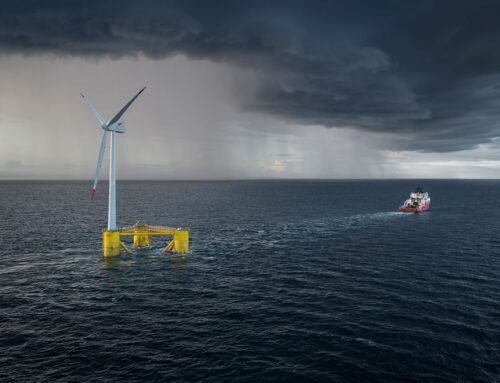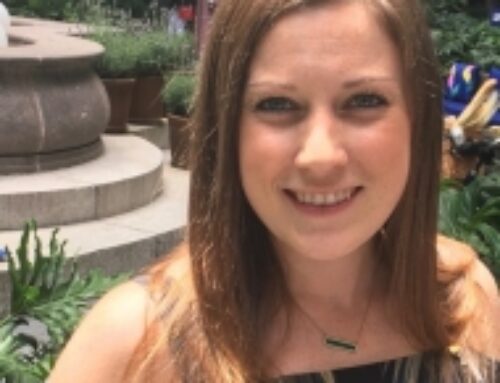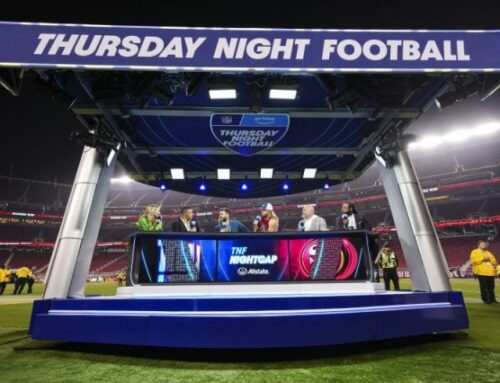Profiles in clean energy: Once incarcerated, expert moves students into climate-solution careers
October 13, 2024
PHILADELPHIA — Inside a converted warehouse in one of Philadelphia’s poorest neighborhoods, students circle around Jackie Robinson as he quizzes them about a 1980s furnace. Although they’ll encounter older equipment like this, the program is cutting edge, aimed at training people to work on homes in ways that address climate change and make clean energy affordable.
More than 3.3 million people work in the clean energy industry and the number is growing fast. But Robinson, a building trades instructor, is concerned that’s not widely understood.
“A lot of low income people don’t even know these jobs exist … it’s all about getting the word out,” he said.
In addition to expanding an important workforce, solid career opportunities also reduce recidivism. Robinson’s own transition into the clean energy workforce and ultimately to this nonprofit, the Energy Coordinating Agency, came during his time in prison.
______
EDITOR’S NOTE: This is part of an occasional series of personal stories from the energy transition — the change away from a fossil-fuel based world that largely causes climate change.
______
Jackie Robinson, an instructor at the Energy Coordinating Agency, a nonprofit focused in part on energy equity, poses inside the facility on Tuesday, July 2, 2024, in Philadelphia. Credit: AP/Joe Lamberti
He was locked up for 27 years on a drug trafficking conviction.
“I was a top student in school, no question. But then sometimes you think you’re slick and you fall in with the wrong people … and you’re thinking, ‘hey, it’s great money, easy money, but … there’s no good ending in it,’” he said.
His three young children were the motivation to use all that time inside to learn new skills so he could take care of them when he got out.
Robinson took courses in welding, carpentry, accounting, fashion merchandising and Arabic. “If it was a free class that educated me on something, I took it,” he said.
Jackie Robinson, an instructor at the Energy Coordinating Agency, a nonprofit focused in part on energy equity, teaches a class at the facility on Tuesday, July 2, 2024, in Philadelphia. Credit: AP/Joe Lamberti
“They got the body, fine,” he said, referring to incarceration, and raising his hands to his eyes, “but I could go a lot of places in my mind.”
Johnson Controls, the international building equipment company, also offered classes inside the prison system. That’s where Robinson first got a look at the energy field and had the chance to work on refrigerators and heating and air conditioning equipment. Johnson Controls hired some people when they were released from prison, and Robinson was one.
After working there and at another organization that offered apprenticeship programs, Connection Training Services, he came to this equity-focused nonprofit housed in a sprawling warehouse in Philadelphia’s Kensington neighborhood. Where Civil War uniforms were once sewn, a life-size roof sits on the floor for students to practice installing solar panels, and mazes of walls display exposed piping.
With his keys jingling and cane gently tapping on wood floors, Robinson, 59, leads a group into a back classroom to study circuits. Above a window, painted on the wall, there is a quote by Benjamin Franklin that Robinson said is one of his favorites: “He who hath a trade, hath an estate.”
It speaks to his reason for wanting to teach these skills. “It changes the financial structure of his whole family,” he said. “As people in the community make more money, the standard of the community raises up. We improve housing and everything in process.”
That’s the dream for Quenton McClellan, 61, who heard about the training from his workforce advisor at Narcotics Anonymous. He was working as a bartender and struggling with alcohol and drug abuse. “I was drinking, you know, tremendously … I took a long look at myself and I went and got some help,” he said.
Today McClellan is going on two years drug- and alcohol-free. “It feels good, ’cause now I can think, and at one time I couldn’t even think. And it’s just a wonderful feeling … I want to learn. I want to advance.” The students also look out for each other, McClellan said, in a way no one ever looked out for him before.
He is getting certified to install heat pumps, a climate-friendly replacement for old furnaces and air conditioners.
“These types of workers are absolutely and desperately needed right now, and organizations that can train them up are in high demand,” said Bob Keefe, executive director of Environmental Entrepreneurs, also known as E2, a nonpartisan business group that advocates for clean energy.
The Inflation Reduction Act of 2022, with its tax credits for heat pumps, solar panels and clean energy manufacturing incentives, is expected to create more than 109,000 new jobs, Keefe said. Heat pumps can be installed anywhere, creating a need for workers in every state.
“When I was trying to put heat pumps in my house several years ago, I couldn’t even find a contractor who knew how to do it. I eventually had to end up doing it myself,” he said.
As he gives a lesson on installing this type of heating and air conditioning, Robinson notes a couple of students at the back of the room on their phones, and makes a mental note to connect with them later. He often texts students to check on them, he said, to give guidance, life advice.
The Energy Coordinating Agency trains more than 200 people each year as building analysts, solar panel installers, and commercial heating, ventilation and air conditioning technicians. It offers the classes free, with funding from grants. Low-income people from the neighborhood can also come in for help with their utility bills and budget counseling.
Seeing students who have felt “left out of the equation” start careers and support their families is what brings fulfillment, Robinson said.
“This work that I do is just my legacy. I learned I know how to do something, and I can pass it on to the next generation, and we use it to earn a living and increase generational wealth,” he said.
__
Search
RECENT PRESS RELEASES
Related Post



